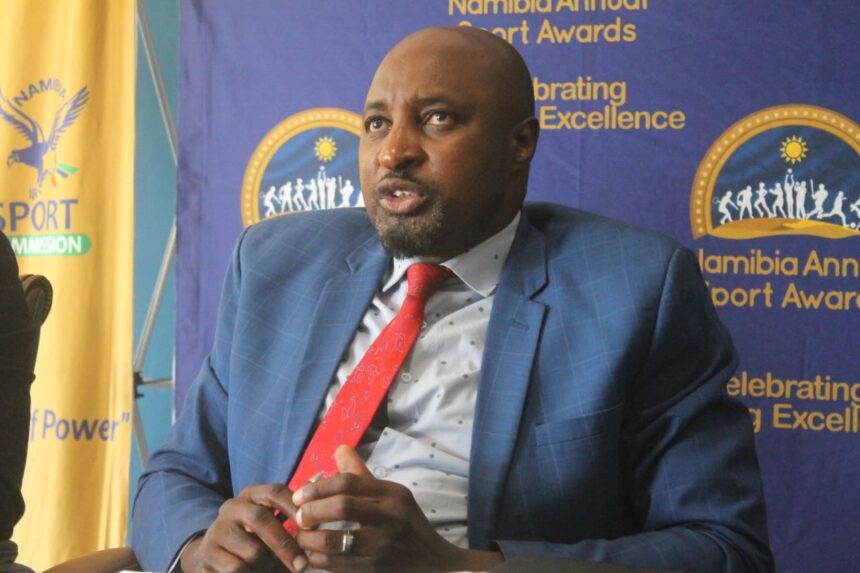Namibia has seen a number of age-cheating cases in the past, with some regions having faced expulsion and investigation amid the annual The Namibian Newspaper Cup.
The country, through the Namibia Sports Commission (NSC), however, lacks a substantive age-cheating policy.
Speaking to Desert Radio recently, NSC chief administrator Freddy Mwiya said there is no specific policy dealing with age-cheating in sport.
“The NSC through the Ministry of Sport, Youth and National Service is empowered to ensure they advocate for the aspects of age-cheating through the Anti-Corruption Commission’s structuring plan of 2022 to 2025.
“The issue of age-cheating is one we are busy advocating on, because we are going into the various regions of the country, meeting with different sport federations, talking about corrupt activities in sport . . . we are busy with it, and there are some regulations pertaining to age-cheating,” he said.
It has come to light that most sport codes affiliated to the NSC do not have policies or measures in place to combat age cheating, but Mwiya said the NSC advocates ethical behaviour.
“We do not have standard measures to put in place, and not much is highlighted in some of our policies,” he said.
“But we are there to advocate that this type of activity must not take place in sport.”
Namibia Football Association (NFA) acting general secretary Jochen Traut said there is no anti-cheating mechanism in place at the national football body, although regional affiliates and members try to prevent this.
“We are now registering players through the International Federation of Football Associations’ e-connect system. We cannot rely on birth certificates as it can be falsified easily. Instead we are using national identity documents to register players.
“ID cards cannot be falsified, therefore we demand ID cards to limit age-cheating. However, it will always be there, because money and status are involved,” he said.
Traut said the NFA requires that no player is younger than 14 years old.
In combating age-cheating when youth teams are travelling abroad, Traut said the association now uses a magnetic resonance imaging test before a team leaves for international competitions.
“We have to ensure these people are within the age limit required. It comes with costs, but is the only way we can prevent age-cheating.”
He added: “Age-cheating will always be there, and those who want to cheat will cheat.”
On his part, Namibia School Sports Union (NSSU) acting national coordinator Roger Kambatuku said age-cheating is a complicated issue, because before being able to obtain ID cards, children’s full birth certificates are relied on.
“That is in itself a bit tricky, and we have preached about parents’ more direct participation and involvement.
“We cannot run school sport without parents, and there was a disconnect in the past and something must be corrected – not just regarding age-cheating, but also to safeguard athletes as we are dealing with kids,” he said.
Kambatuku called on parents to be sincere and ethical when providing birth certificates, as the NSSU relies on their goodwill.
“Umbrella bodies and associations have a duty to automate our systems. With an unautomated system we will never successfully track down age-cheating.”



Leave a Reply